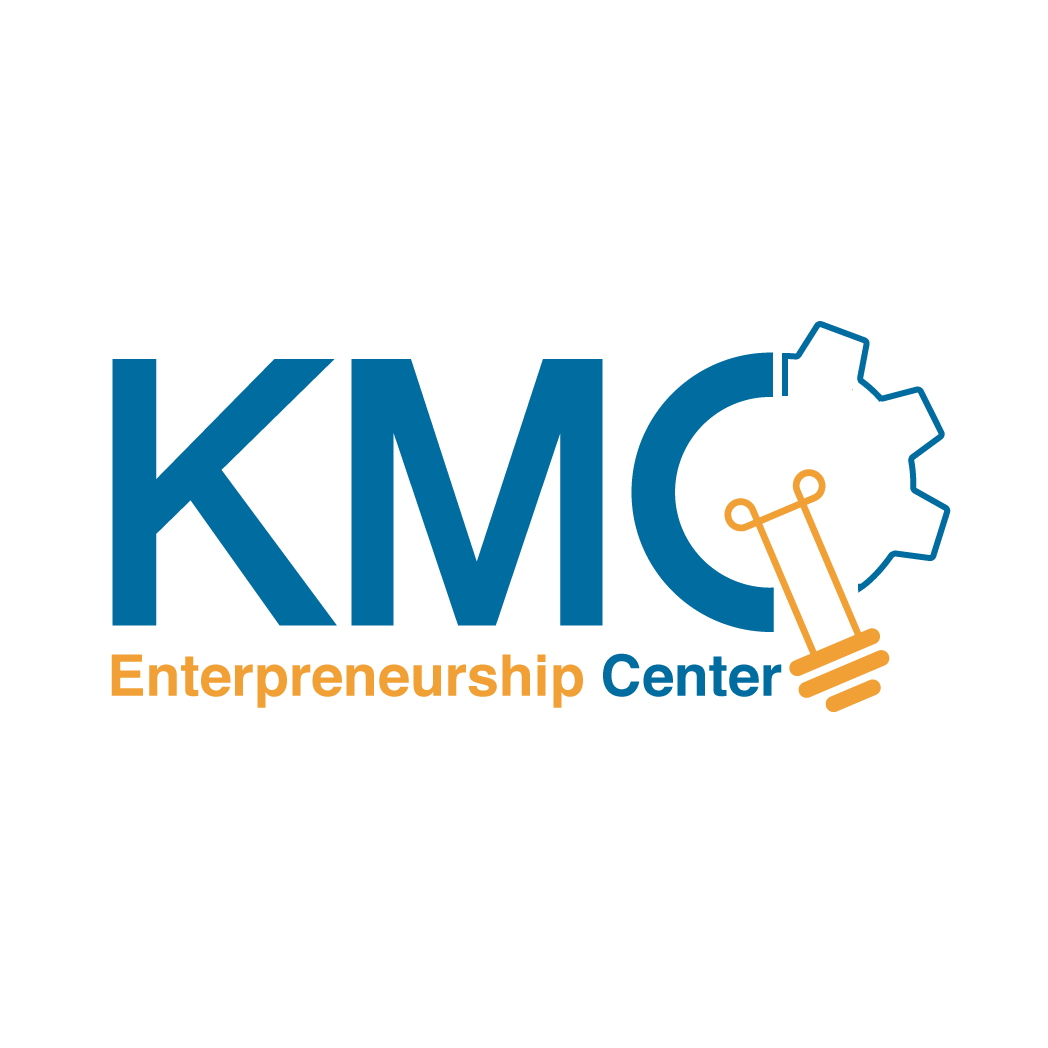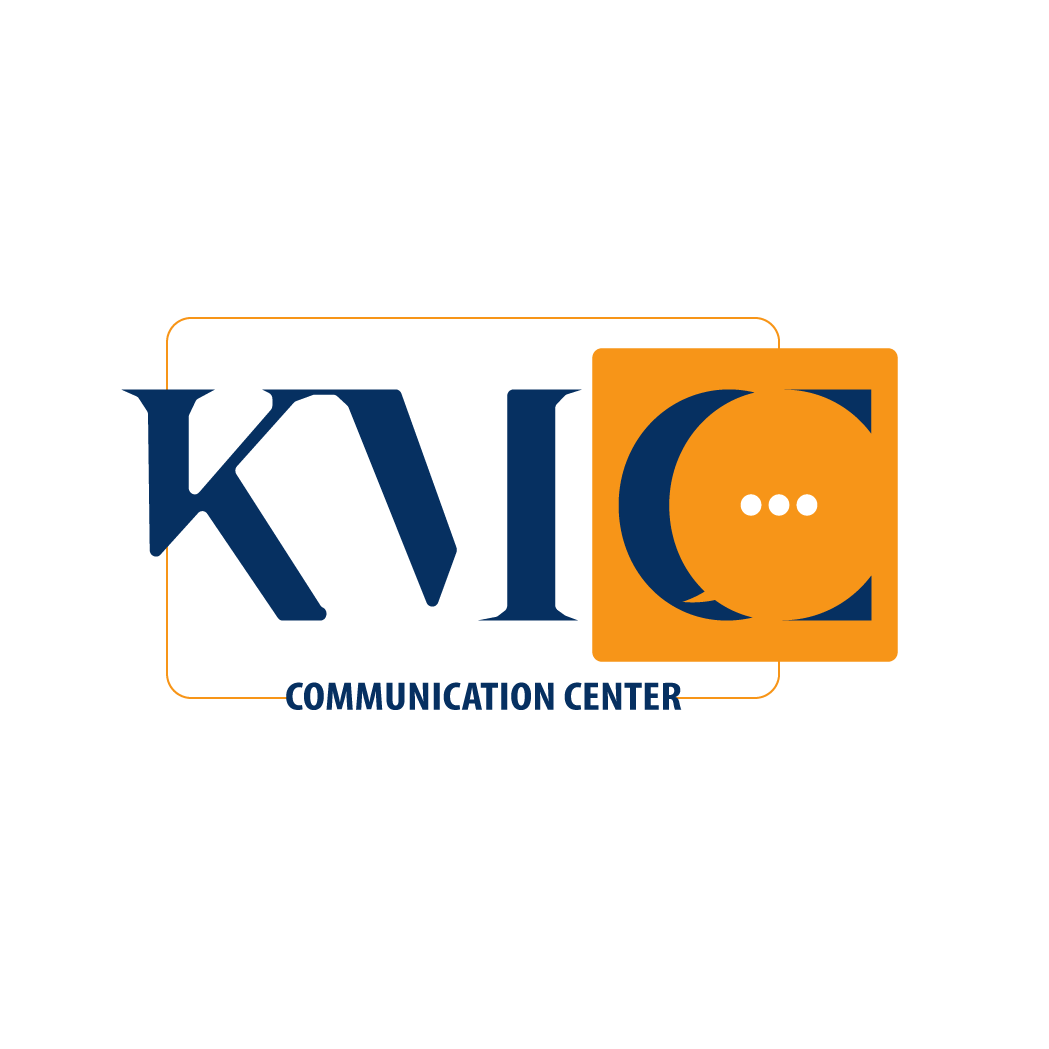
Ready for BBS 4th Year? What Courses and Professional Growth Await?
The BBS 4th year is a crucial phase for students pursuing a Bachelor of Business Studies, focusing on advanced business concepts and practices. Students engage in practical projects, internships, case studies, and research projects to apply theoretical knowledge to real-world scenarios. They participate in seminars, workshops, and presentations to enhance communication and presentation skills and receive guidance from faculty and industry experts.

Kathmandu Model College, affiliated with Tribhuvan University, offers a Bachelor of Business Studies (BBS) program for undergraduates. The four-year program focuses on business and management, offering specializations in general management, marketing management, finance accounting, and management science.
With over 465 academies in Nepal, the program attracts thousands of students annually. KMC’s dynamic curriculum covers subjects like accounting, finance, marketing, management, economics, and entrepreneurship. The college’s esteemed faculty members provide high-quality education and mentorship, promoting hands-on experience and practical skills.
Exploring the Final Year of BBS
The fourth year of Bachelor of Business Studies (BBS) is structured to provide students with in-depth knowledge and practical skills necessary for their professional careers in business.
Structure and Duration of BBS Fourth Year
The BBS fourth year typically spans one academic year, divided into two semesters. Each semester includes a set of specialized courses that focus on specific business areas. Courses are designed to be intensive, combining lectures, seminars, practical sessions, and project work.
The BBS 4th year offers advanced business education and practical experience. Students enroll in core courses like Business Policy and Strategy, Entrepreneurship, and Business Environment and Strategy, and choose specializations in Finance, Marketing, or Accounting.
They engage in practical projects, internships, and projects to apply theoretical concepts to real-world business situations. Seminars, workshops, and presentations enhance communication and presentation skills. The BBS 4th year prepares students for successful careers in business and management.
Importance Of BBS 4th Year
This final year holds immense importance in both academic and professional contexts:
- The BBS 4th year exposes students to advanced business concepts and strategies, preparing them for complex challenges in their future careers, including strategic management, organizational behavior, international business, and financial analysis.
- The BBS 4th year, students can specialize in Finance, Marketing, or Accounting, gaining in-depth knowledge and skills for roles in banking, investment management, or corporate finance departments, preparing them for the job market.
- The BBS 4th year focuses on practical application of theoretical knowledge through projects and internships, preparing students for the dynamic and competitive business environment post-graduation.
- The BBS 4th year involves completing a comprehensive project report, fostering research, critical thinking, and problem-solving skills for informed decision-making and innovation in business settings, requiring thorough data analysis.
- BBS 4th year students engage with faculty and industry professionals to stay updated on business practices, trends, and innovations, preparing them for future careers.
In the fourth year of Bachelor of Business Studies (BBS), students typically take core courses that deepen their understanding and skills in specialized areas of business:
BBS 4th Year Syllabus
FIN 250 | Fundamentals of Corporate Finance | 150 L. hrs |
MGT220 | Entrepreneurship and Enterprise Development | 150 L. hrs |
FIN 252 | Foundations of Financial Markets & Institutions | 150 L. hrs |
FIN 253 | Fundamentals of Investment | 150 L. hrs |
MGT 221 | Business Research Methods | 75 L. hrs |
FIN 250 – Fundamentals of Corporate Finance
This course dives into the principles and practices of managing finances within a corporation. Students learn about financial decision-making, budgeting, capital investment, and risk management strategies. It builds upon earlier studies in finance and accounting, equipping students with advanced tools to analyze and optimize financial resources within a business.
MGT 220 – Entrepreneurship and Enterprise Development
Focusing on the entrepreneurial aspects of business, this course explores the process of starting and managing new ventures. It builds upon foundational business management courses, emphasizing innovation, opportunity recognition, business planning, and strategies for sustainable growth. Students develop practical skills needed to launch and sustain successful enterprises.
FIN 252 – Foundations of Financial Markets & Institutions
This course examines the structure and operations of financial markets and institutions. Students study how financial markets facilitate the flow of funds between savers and borrowers, the role of financial intermediaries, and the impact of regulatory frameworks. It builds upon earlier studies in economics and finance, providing insights into the broader economic context in which businesses operate.
FIN 253 – Fundamentals of Investment
Focused on investment strategies and portfolio management, this course teaches students how to analyze investment opportunities, assess risk, and make informed financial decisions. It extends concepts from earlier finance courses, equipping students with practical skills to manage investments effectively and optimize returns for businesses and investors.
MGT 221 – Business Research Methods
This course introduces students to methodologies and techniques used in business research. They learn how to design research projects, collect and analyze data, and draw meaningful conclusions to solve business problems. It builds upon earlier studies in research methodology and data analysis, preparing students to conduct rigorous research that informs strategic decision-making in business.
Specializations and Electives Of BBS 4th Year
In the fourth year of Bachelor of Business Studies (BBS), students have the opportunity to choose from a variety of specializations and elective courses that cater to their career interests and aspirations:
1. Finance
Students focusing on Finance, advanced corporate finance, where they study topics such as financial analysis, capital budgeting, and financial planning. Courses in risk management equip students with skills to assess and manage financial risks in organizations. Additionally, courses in investment banking cover mergers and acquisitions, capital markets, and financial advisory services, preparing students for roles in banking, investment management, and corporate finance departments.
2. Marketing
Marketing specialization includes strategic marketing management, where students learn to develop marketing strategies aligned with organizational goals. Courses in consumer behavior provide insights into understanding customer needs and preferences, essential for designing effective marketing campaigns. Digital marketing strategies cover online marketing techniques, social media marketing, and digital analytics, crucial in today’s digital landscape. Brand management courses focus on building and managing strong brands, enhancing brand equity and customer loyalty.
3. Human Resources
Students specializing in Human Resources (HR) management focus on talent management strategies, where they learn recruitment, selection, and retention techniques to attract and retain skilled employees. Courses in organizational behavior explore human behavior within organizations, emphasizing teamwork, leadership, and motivation. HR analytics courses teach students how to use data and metrics to make informed HR decisions, improving organizational performance. Leadership development programs focus on enhancing leadership skills, preparing students for HR management roles in diverse industries.
4. Entrepreneurship
Entrepreneurship specialization emphasizes startup management, where students learn the essentials of launching and managing new ventures. Courses in venture capital provide insights into raising funds for startups, managing investments, and financial planning. Social entrepreneurship courses focus on developing business models that create social impact while achieving financial sustainability. Innovation strategies cover techniques for fostering creativity, developing new products or services, and staying competitive in dynamic markets.
2. Optional Courses
Students can also choose from a range of optional courses that complement their chosen specialization or explore other areas of interest, such as:
1. International Business
International Business focuses on global business strategies, where students learn to develop and implement strategies for conducting business in international markets. Topics include understanding global economic trends, assessing political and cultural differences across countries, and managing multinational operations. Courses in cross-cultural management equip students with skills to navigate diverse cultural environments and enhance global business relationships. Additionally, students study international trade policies, export-import procedures, and strategies for entering foreign markets, preparing them for careers in global corporations, international trade, or consulting roles.
2. Business Analytics
Business Analytics covers essential skills in data analysis and decision-making using data-driven insights. Students learn to extract, clean, and analyze large datasets to uncover patterns and trends that inform strategic business decisions. Courses in business intelligence focus on using data visualization tools and dashboards to communicate insights effectively to stakeholders. Predictive modeling techniques enable students to forecast future trends and outcomes based on historical data, enhancing business forecasting and planning. By mastering these skills, students are prepared for roles in data analytics, business consulting, or management positions requiring strong analytical capabilities.
3. Operations Management
Operations Management emphasizes efficient management of business operations to maximize productivity and profitability. Students study supply chain management, where they learn to streamline the flow of goods and services from suppliers to customers, ensuring timely delivery and cost efficiency. Courses in logistics cover inventory management, transportation, and warehouse operations, optimizing distribution networks for improved operational performance. Quality control courses focus on implementing quality standards and continuous improvement processes to enhance product or service quality and customer satisfaction. Process optimization techniques enable students to identify and eliminate inefficiencies within organizational processes, contributing to overall business efficiency and competitiveness.
Professional Growth Opportunities Provided By BBS 4th Year To The Students
In the fourth year of Bachelor of Business Studies (BBS), students have access to valuable internship opportunities that significantly contribute to their professional growth:
1. Internship Opportunities
Students can participate in internships with various companies and organizations related to their field of specialization. These internships typically last for a semester or longer and provide hands-on experience in real-world business environments.
2. Contribution to Practical Experience
Internships offer students the chance to apply theoretical knowledge gained in the classroom to practical scenarios. They gain firsthand experience in areas such as finance, marketing, human resources, or entrepreneurship, depending on their internship placement. This practical experience helps students develop essential skills such as problem-solving, decision-making, and project management.
3. Career Readiness
Internships play a crucial role in preparing students for their future careers by bridging the gap between academic learning and professional practice. They learn about industry-specific practices, company cultures, and the day-to-day responsibilities of different roles within organizations. This exposure enhances their employability and readiness to enter the workforce upon graduation.
4. Networking Opportunities
During internships, students have the opportunity to network with professionals in their field. They can build relationships with mentors, supervisors, and colleagues who can provide guidance, and mentorship, and potentially serve as references for future job opportunities. Networking allows students to expand their professional contacts and gain insights into career paths and industry trends.
5. Industry Connections
Internships also help students establish connections within the industry they wish to pursue. These connections can lead to job offers, informational interviews, or referrals to other professionals and organizations within the industry. Building a strong professional network during internships is beneficial for long-term career growth and advancement.
Career Pathways For The Graduates Of BBS 4th Year
After completing the fourth year of Bachelor of Business Studies (BBS), graduates have various career pathways available across diverse industries and sectors:
1. Finance Sector
Graduates specializing in finance can pursue careers in banking, investment banking, asset management, and financial consulting. They may work as financial analysts, risk managers, investment advisors, or corporate finance specialists.
2. Marketing and Advertising
Those focusing on marketing can explore roles in advertising agencies, digital marketing firms, market research companies, and corporate marketing departments. Career options include marketing managers, brand managers, digital marketers, and market research analysts.
3. Entrepreneurship and Startups
Graduates with a specialization in entrepreneurship often start their businesses or join startup ventures. They may become entrepreneurs, business owners, startup consultants, or venture capitalists, leveraging their knowledge in business planning, innovation, and venture development.
4. Human Resources Management
Those specializing in human resources can pursue careers in various industries, including healthcare, technology, finance, and manufacturing. Career opportunities include HR managers, talent acquisition specialists, training and development managers, and employee relations consultants.
5. Government and Nonprofit Organizations
BBS graduates can also pursue careers in government agencies, nonprofit organizations, and international development sectors. They may work in policy analysis, program management, economic development, or corporate social responsibility roles.
Alumni Insights and Success Stories Of KMC College
KMC College offers students diverse learning opportunities and highly recognized certifications, as well as a vibrant KMC Alumni Association. The association connects over 2,000 alumni worldwide, fostering a dynamic community that continues to grow and support one another.
Finance professionals like Sujan Shrestha and Rita Thapa have shared their experiences with the college’s BBS program, highlighting the importance of practical projects, networking events, and mentorship programs. The KMC Alumni Association provides networking opportunities, allowing students to meet professionals in their field and connect with experienced entrepreneurs.
The KMC Alumni Association also plays a crucial role in keeping graduates connected to the college and each other, offering continuing education programs, community activities, and events that foster lifelong learning and professional development. These alumni stories demonstrate the transformative impact of the fourth year of the BBS program and the enduring value of the KMC Alumni Association.
Frequently Asked Questions
The BBS 4th year spans one academic year, divided into two semesters.
Students can expect practical projects that involve real-world business scenarios, such as financial modeling, business planning, and market analysis.
Yes, KMC College frequently invites industry experts and successful alumni to share their insights and experiences through guest lectures and seminars.
KMC College offers career counseling, job fairs, and networking events that connect students with potential employers and internship opportunities.
Internships are offered by a wide range of companies, including banks, marketing firms, consulting agencies, startups, and multinational corporations.








































